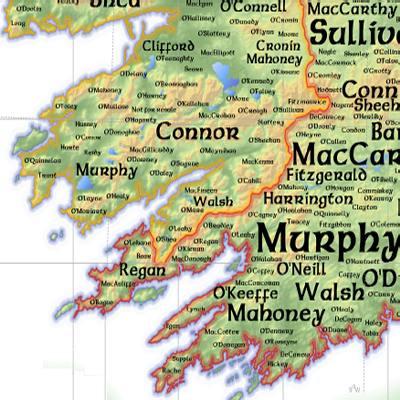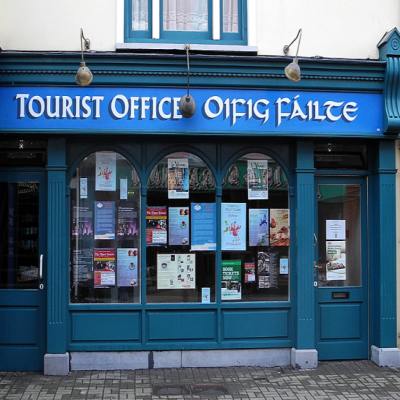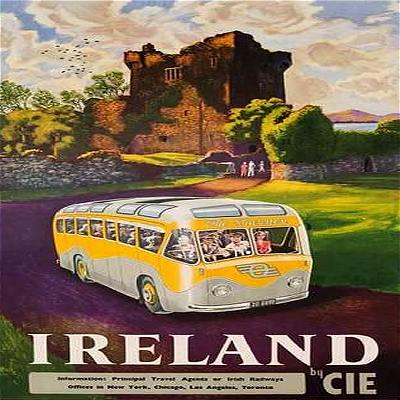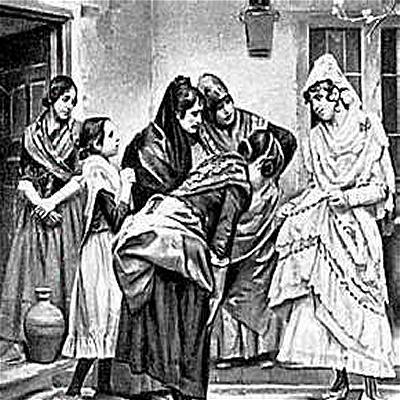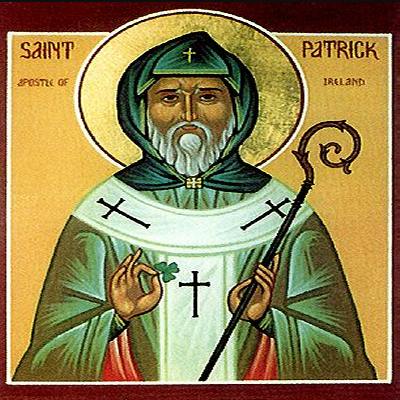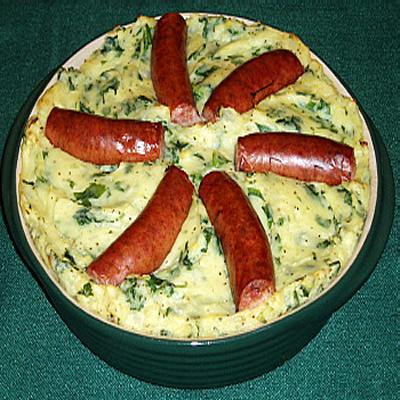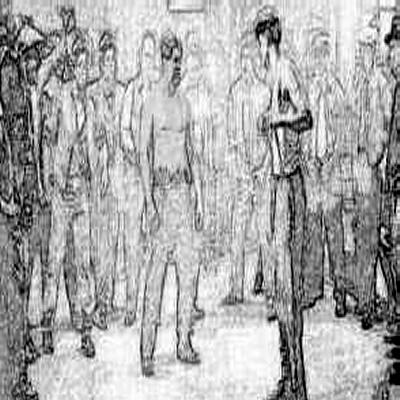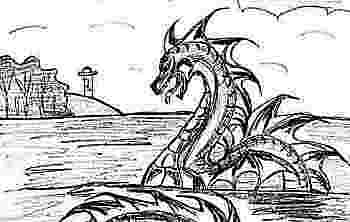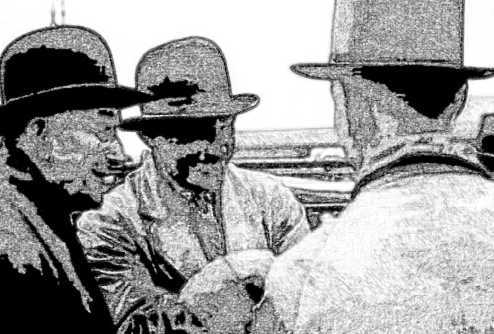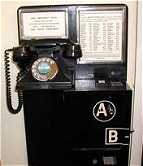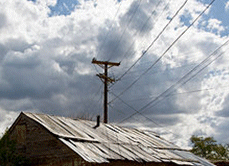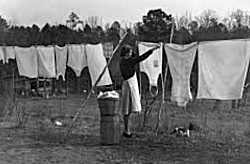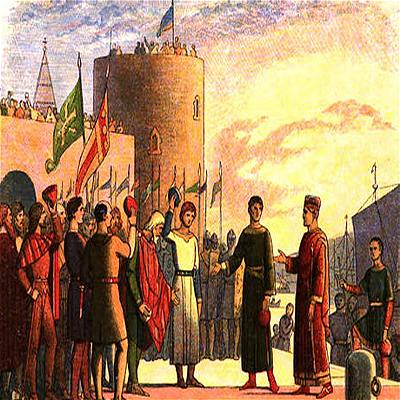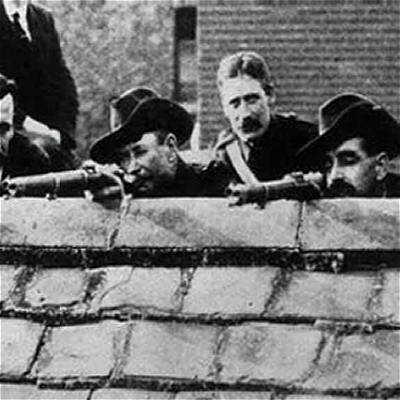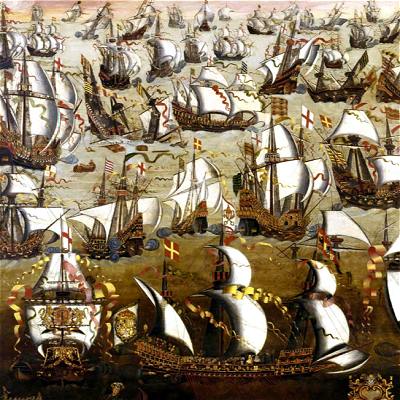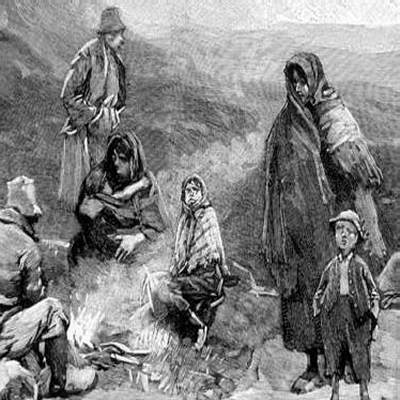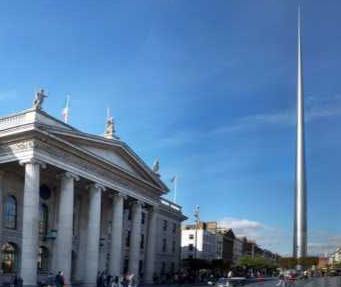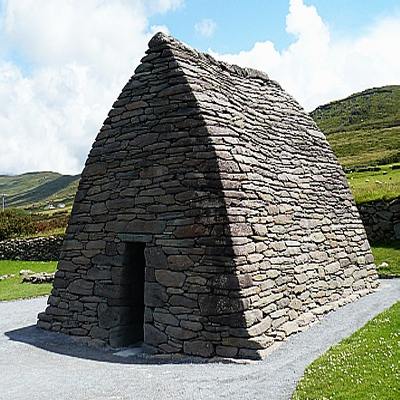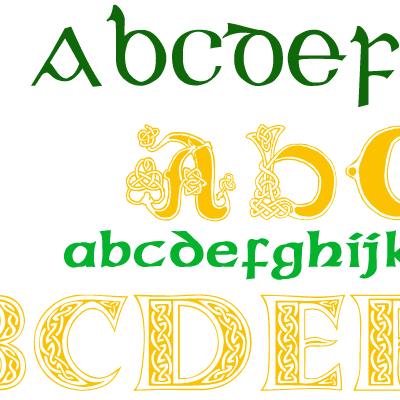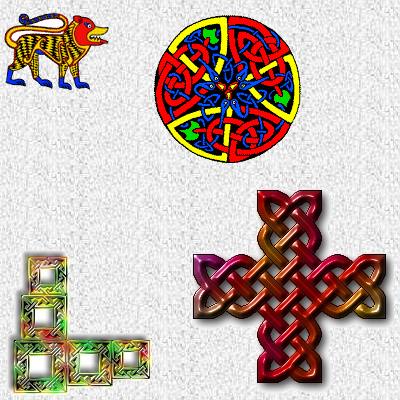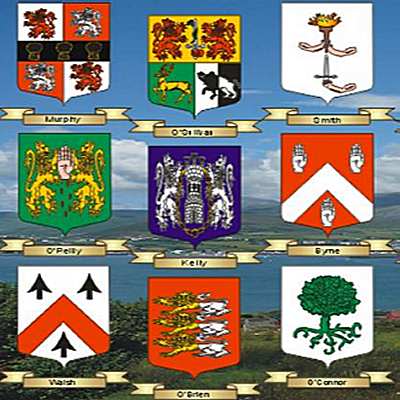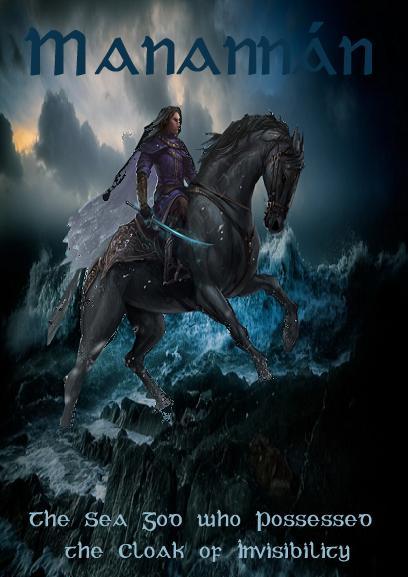
His famous boat was named Scuabtuinne meaning 'the wave sweeper', and was a fantastic chariot drawn by the powerful horse 'Enbarr of the Flowing Mane', who could travel easily both on sea and land. He used this chariot to transport beings from the mortal world to the Otherworld, of which he was Guardian.
Such was the power of the chariot that it obeyed the thoughts of the person aboard and did not require sails or oars. The boat could even grow to accommodate any number of passengers.
Manannán was associated with the Isle of Man, the small island in the Irish sea, and takes his first name from that place. He possessed the sword named 'Fragarach', meaning 'the Answerer' and the incredible 'Féth Fíada', the cloak of invisibility that he would use to protect the Isle of Man from being seen. Manannán Mac Lir was thus very formidable.
Manannán was married to the fairy woman Fand, whose incredible beauty was known throughout the world and who had started life as a sea-bird. The mighty Irish warrior Cuchulainn took Fand for his own but Manannán retrieved her by placing his cloak between Fand and Cuchulainn, thus magically erasing their memory of each other.
This was an incredibly merciful act! Fand returned to her husband and together they traveled through Ireland. Cuchulainn returned to his wife Eimear, the pair also drinking of the cup of forgetfulness, provided by the Druids.
One of the most famous stories associated with Manannán is that of the 'Voyage of Bran Mac Febal'
The High King Bran, the son of Febal, who left Ireland behind to explore the Islands of the Otherworld had an original mind and great drive.
One day, while out walking near Tara, King Bran heard beautiful music, but he could not figure out where it was coming from. No matter which way he turned, it always seemed to be coming from just behind him. Lulled by the lovely sound, he fell asleep and dreamed of a beautiful woman, holding a sliver branch and singing to him of a perfect place, an Island of Women, where there was no death, or war or conflict, and where she was Queen.
When he woke, he found the silver branch in his hand, and brought it with him to Tara. That evening, at the feast, the fairy woman appeared again, this time in front of the whole company. She retrieved her silver branch, and asked Bran to sail across the sea to find her.
Bran set out at once, accompanied by his three foster-brothers, who brought nine men each with them. When their ship was underway, Bran met Manannán Mac Lir, riding on his white horse, on his way to Ireland. Manannán spoke to Bran of another way of perceiving, and told him that the waves Bran saw were grassy plains to Manannán's eyes, with chariots racing to and fro over them. Along with this other way of seeing, Manannán gave Bran back the silver branch, as a token of his new perception.
Bran and his men came first to the Island of Joy, where the people all laughed without speaking. One of Bran's men went to investigate, but lost his wits as soon as he set foot on the island, succumbing to mindless laughter with all the others. After this experience, they were wary when they reached the Island of Women, but the Queen threw a magic ball of yarn to Bran, which stuck to his hand when he caught it, forcing them to land.
Bran and his men lived in bliss and ease on the Island of Women for an unknown time, but one man, Neachtain, was homesick, and begged to go back to Ireland. Eventually, Bran agreed. The Queen gave him directions back to Ireland, and gave him the magic ball of yarn so he could retrieve his man from the Island of Joy.
But when at last Bran and his men came back to Ireland, they found the coastline changed, forests gone, and all the people small and grey. Calling to shore, they found that no one knew who they were, save one very old storyteller, who remembered an ancient king called Bran. Neachtain, overcome by homesickness, leapt from the ship to the shore, but turned to dust as soon as he landed. Realizing they could never go home, Bran wrote down an account of his adventures on stone tablets and tossed them to the people on the shore, and then he turned his ship around and sailed back to the islands of the Otherworld.
Bran may have yet regretted sailing for the Island of Women, as well as the new 'silver branch' perception that Manannán Mac Lir had given him.
The legends of Manannán Mac Lir have thus survied the centuries. He is recorded in the ancient 15th century manuscript 'The Book of Fermoy' thus:
'He was a Pagan, a lawgiver among the Tuatha Dé Danann, and a Necromancer possessed of power to envelope himself and others in a mist, so that they could not be seen by their enemies.'
Manannán Mac Lir - the mighty Sea-God of Ancient Ireland!

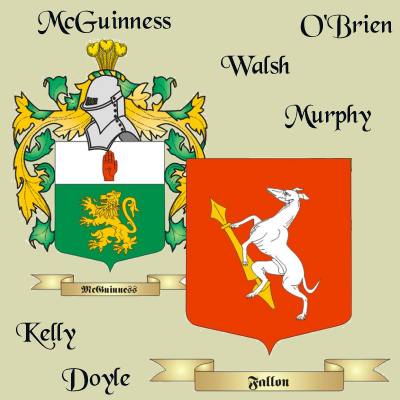 Your Family Crest
Your Family Crest
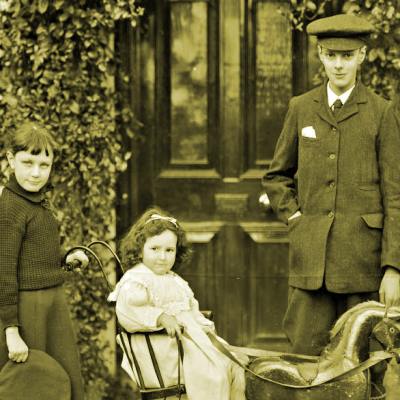 Irish Roots Search
Irish Roots Search